Equity in Informal STEM Education with the REVISE Center
Description
The Reimagining Equity and Values in Informal STEM Education (REVISE) Center is an equity resource center for the National Science Foundation (NSF) Advancing Informal STEM Learning (AISL) program and is supported by the National Science Foundation (NSF) award DRL-2229061. REVISE is a collaborative effort to advance equity across the informal STEM education field. We set out to cultivate lasting change and advance equity in ISE and the broader STEM ecosystem through efforts that are guided by four core functions:
- Cultivate a multi-sector, diverse community dedicated to promoting equity in ISE experiences and environments.
- Raise the visibility and impact of equity-focused research and practice in the ISE field and its contributions to the overall STEM endeavor.
- Support AISL PIs, prospective PIs, and partners in enacting their commitments to equity with respect to research and practice.
- Promote equitable practices that support the AISL program and disrupt patterns of inequity across the ISE field.
Learn more about the REVISE Center: https://www.informalscience.org/about-revise
NSF Award: 2229061
Discussion
This discussion took place during the TERC Video Showcase Event Nov. 14-21, 2023. Discussion is now closed.Presenters
Lead Presenter
Co-Presenters

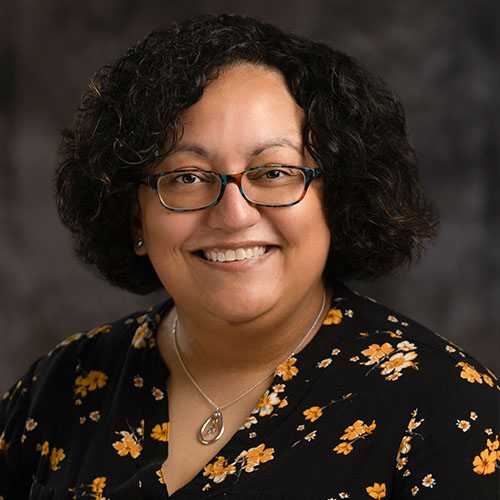
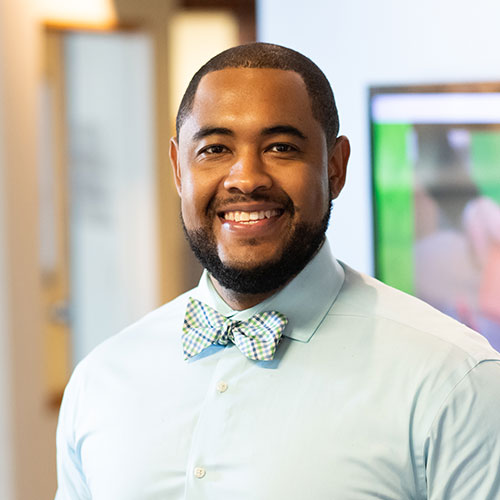
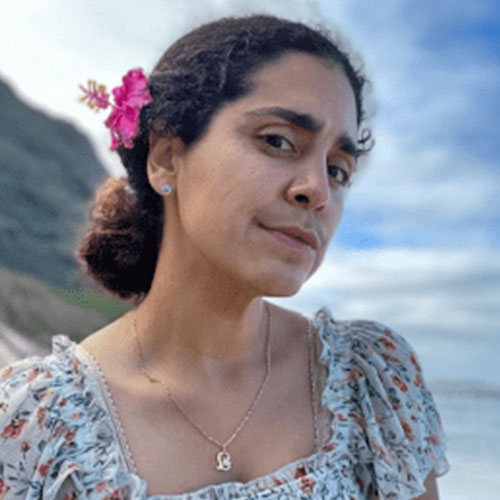
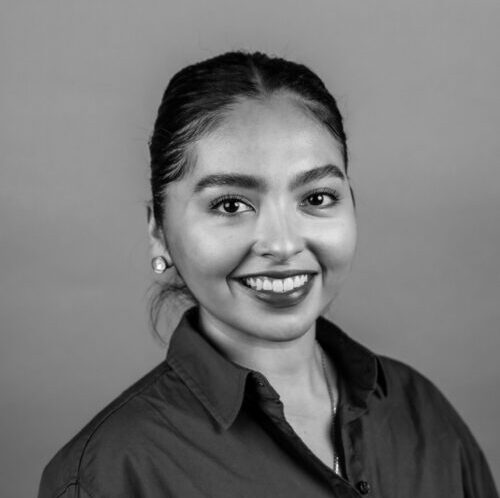

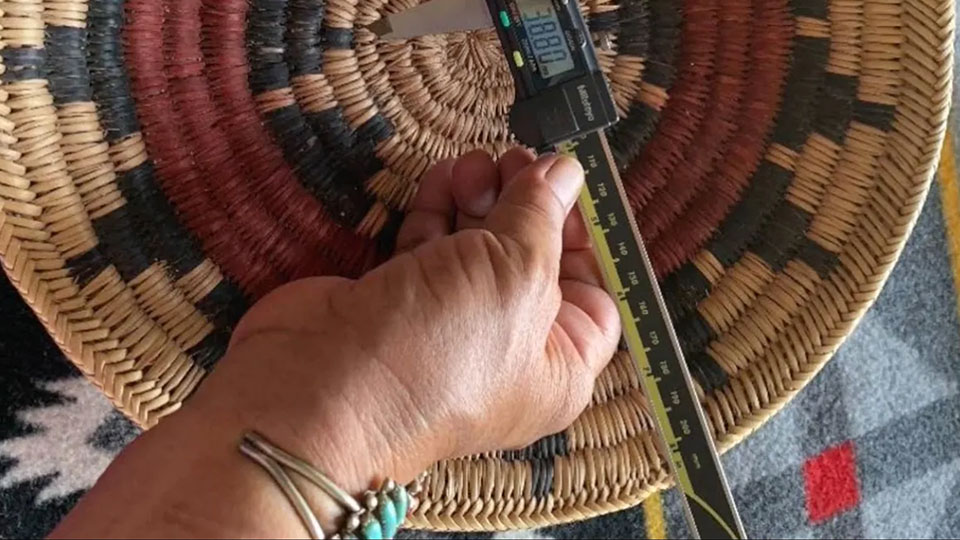
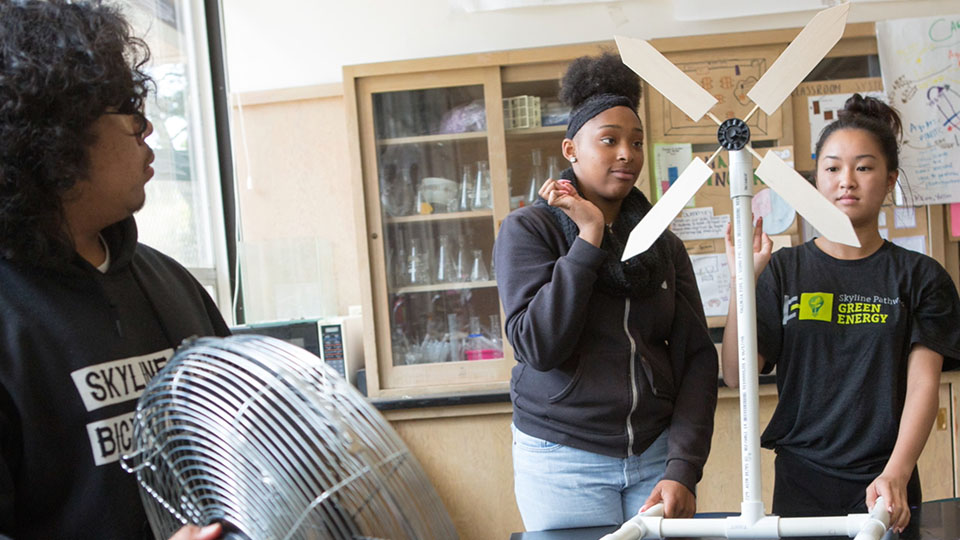
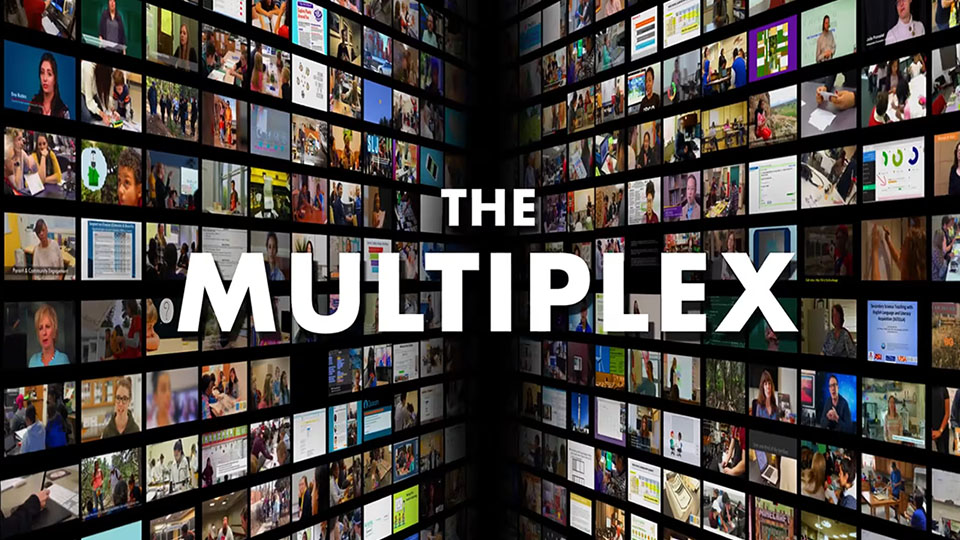
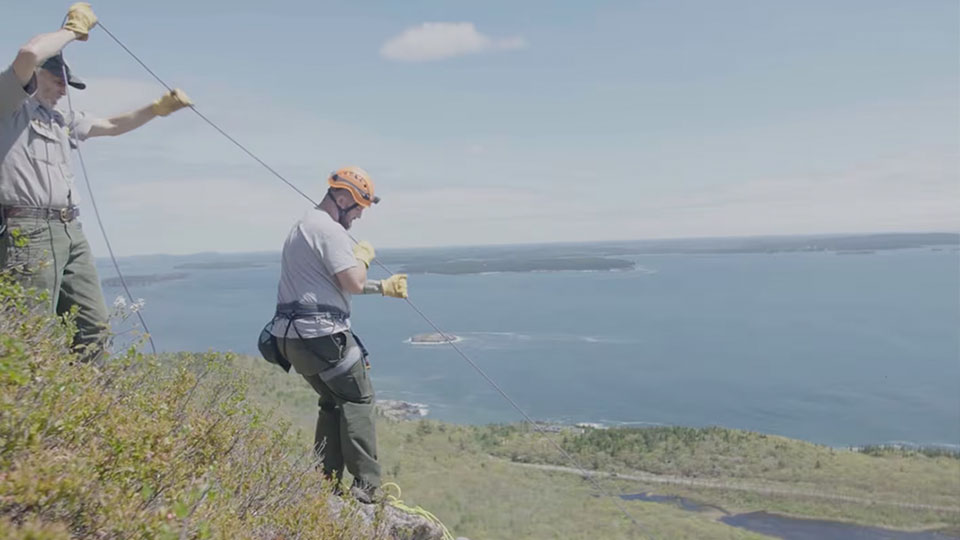
After viewing the video created by our fabulous Content and Communications Coordinator, Valeria Alderete, what questions do you have about the REVISE Center? What are you hoping the Center will accomplish? What activities would you like the Center to engage in?
The REVISE Center intends to support brave spaces through the creation of communities of practice that will be guided by Diane Miller of the Detroit Zoological Society and our consultant, Selene Gonzalez. Both use story-telling and compassionate, active listening in their facilitation of conversations. Selene, in particular, has experience with facilitating difficult conversations around equity.
The REVISE Center also plans to integrate trauma-informed practices whenever possible and to provide resources for folks interested in being more attentive to the intergenerational pain that exists in marginalized communities that impacts their views of and engagement with STEM. I am personally interested in this area of concern, as I am beginning to explore this in my own research.
In terms of the ISE Equity Visionaries Program, I am currently working on its development. We hope to create a series of workshops, trainings, and webinars for community organizations that are already engaged in equity work in ISE and who may eventually consider applying for AISL funding. The program will be free for all to attend; so, everyone would benefit. However, there will be particular sessions that will be critical for community organizations to attend if they hope to apply for funding in the future.
I think this video is such a great testament to the commitment and vision that the REVISE team has. I am looking forward to seeing how all of these seeds of ideas mature and how the REVISE team continues to grow and model for the field.
Keep up the good work!
😀
The onus will be on me and the Communications Team – Valeria, Sana Karim, and Pati Ruiz – to document and share stories of equity that inspire ISE practitioners and researchers to rethink how they engage in and study ISE. We have started by going through the AISL digital repository, which you can find on our website – informalscience.org. Sana has been the lead on that and has been pulling and spotlighting equitable practices that show innovation and potential on our website. Now that we have Valeria, we have developed what we are calling Content Pillars that are driven be themes that will guide what stories we develop and/or share. In addition, I will be developing a schedule of webinars that will include counternarratives from speakers from historically excluded groups in ISE.
In terms of how TERC can be supportive of the REVISE Center, I would say the easiest thing to do is to subscribe to our newsletter and share our resources and events to people in your network. We are aware that most of TERC is not focused on researching informal STEM spaces, but we do know that many of you do visit ISE environments and know community-based ISE organizations. The more communities know about the REVISE Center, the more we increase our chances of reaching organizations doing equity work in ISE who may not already be plugged into the greater ISE and AISL network(s). Our REVISE Team will also be looking for blog posts, webinars, and AISL projects to share and highlight on our website. So, if TERC folks are interested in contributing something, please do not hesitate to let me know.
In terms of shifting practices at NSF, there is always a tension that exists because we are part of a collaborative agreement with NSF. We can certainly make suggestions, but there are legal barriers to what can be done by the Center and by NSF program officers. The long-and-short of it is that the REVISE Center will be indirectly impacting NSF practices through relationship-building and modeling the practices we hope to see.
I also do not want to be remiss about changes that are currently happening at NSF. I am excited to see new solicitations focused on equity, including the AISL program. There are also more program officers who are encouraging/looking for more critical approaches to equity. So, I am hopeful that we are making inroads, and I encourage folks to take the time to participate in NSF panel reviews so that you can see and be a part of some of the changes for yourself.
It would be good for NSF to be aware of these things, especially as they increasingly put out solicitations where they ask for authentic partnerships with community-based organizations. Are there channels that the research community can share these experiences with NSF so that they understand the implications of what they are asking for, particularly given that there are no supports for this type of work? Not to say that community-based organizations shouldn’t be included in NSF funding, but that there needs to be more work behind it than simply a solicitation.